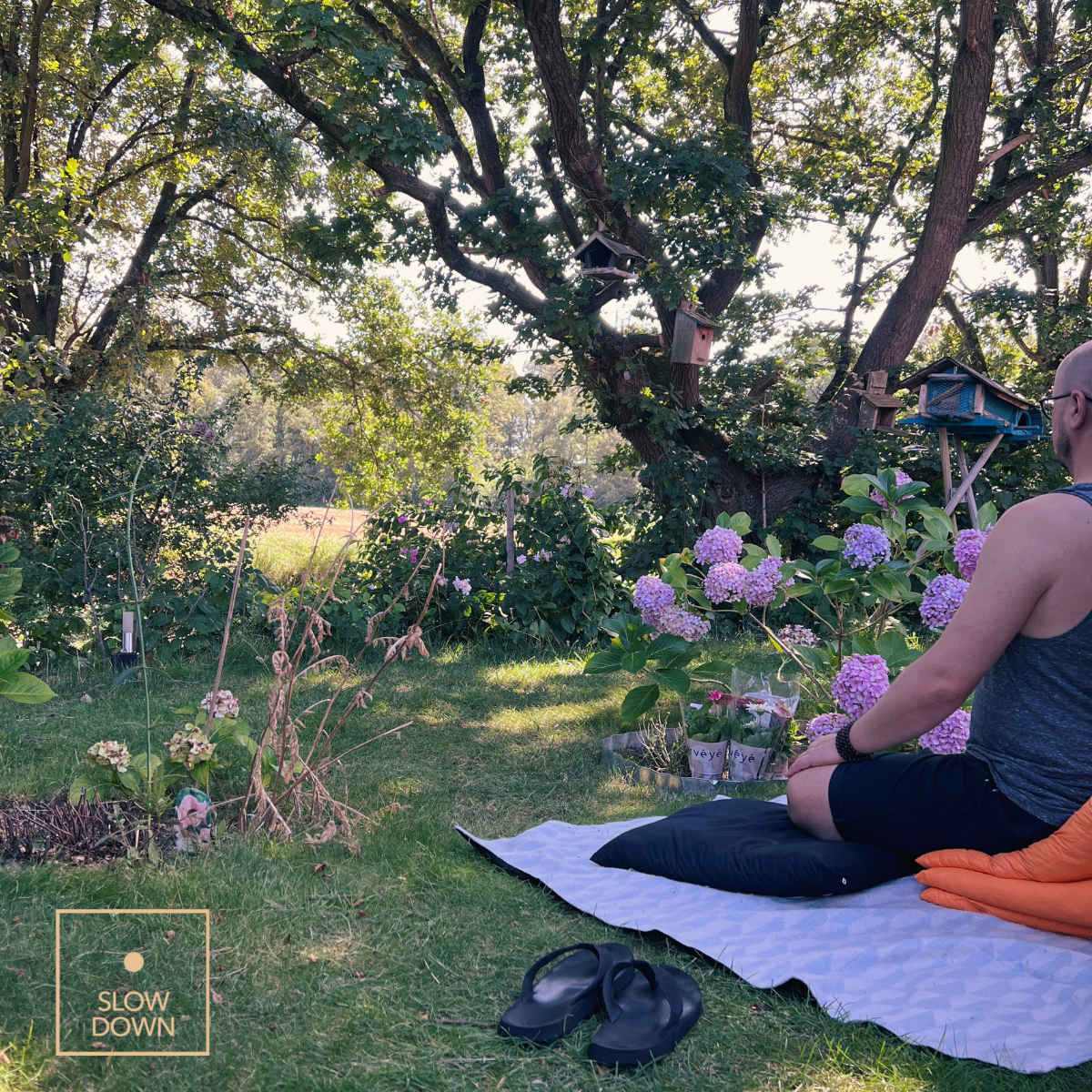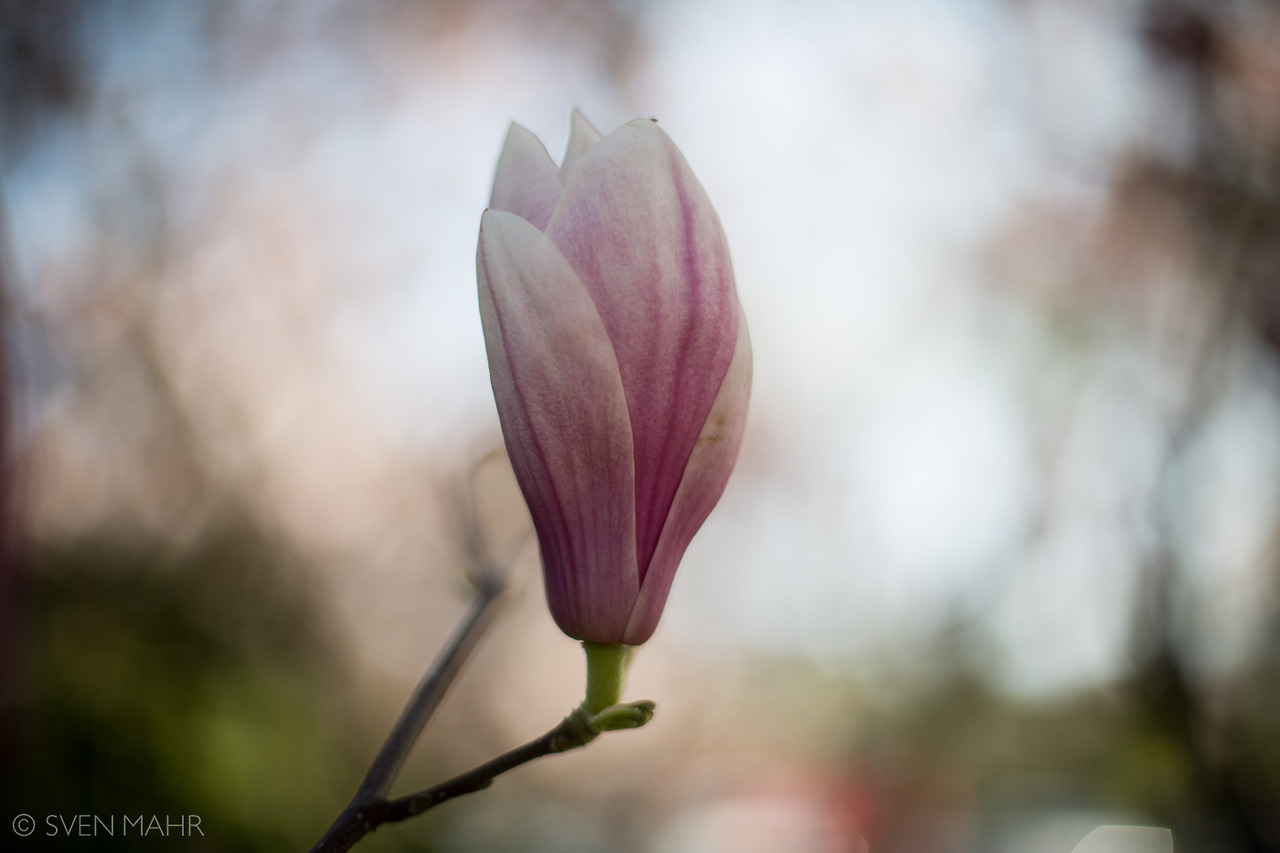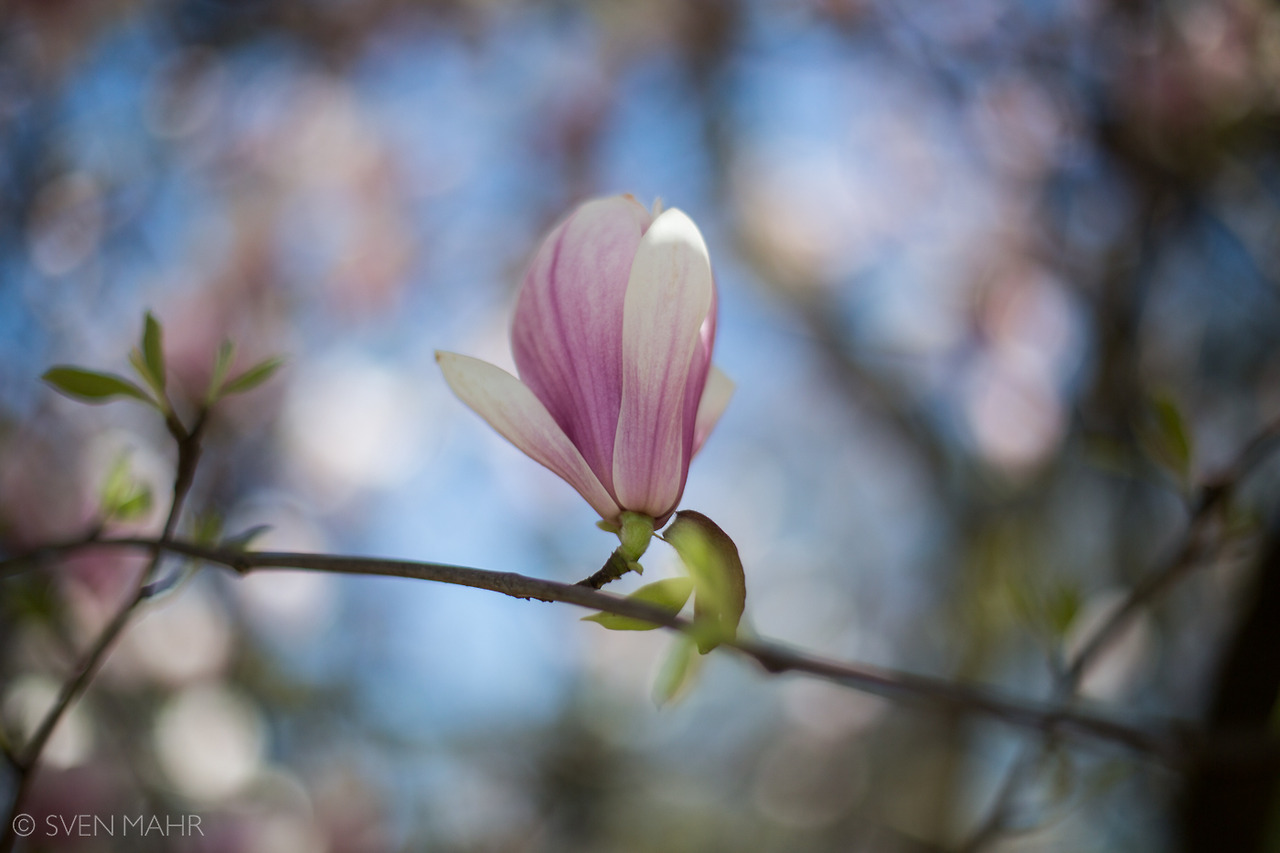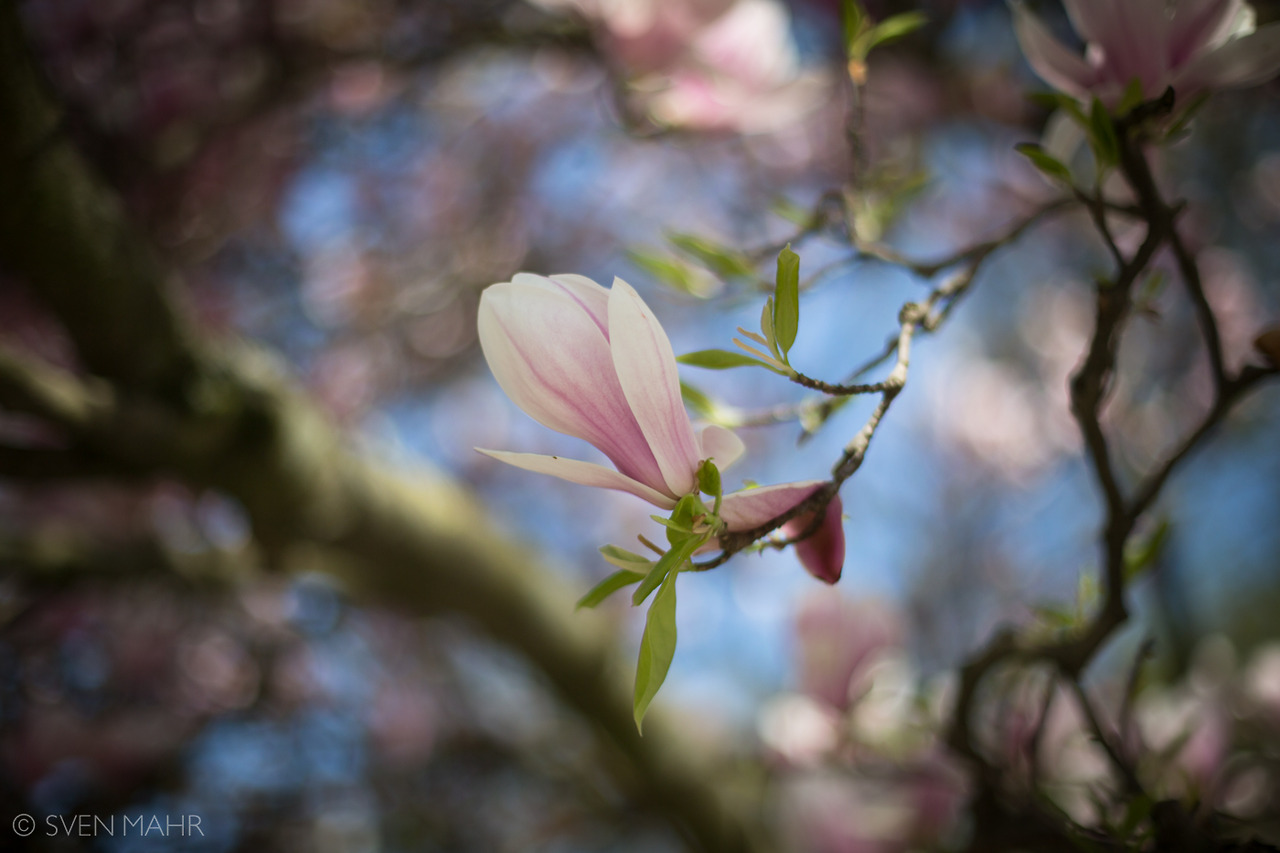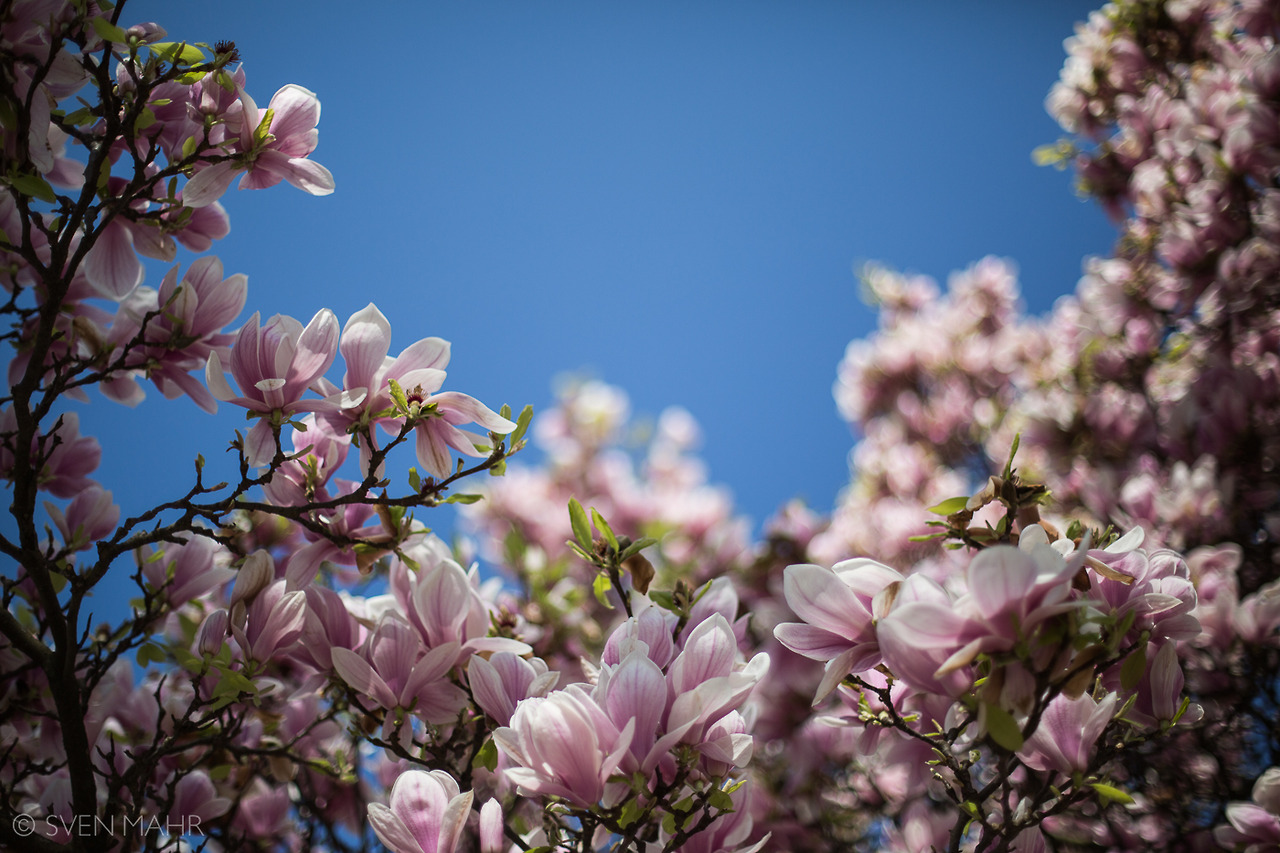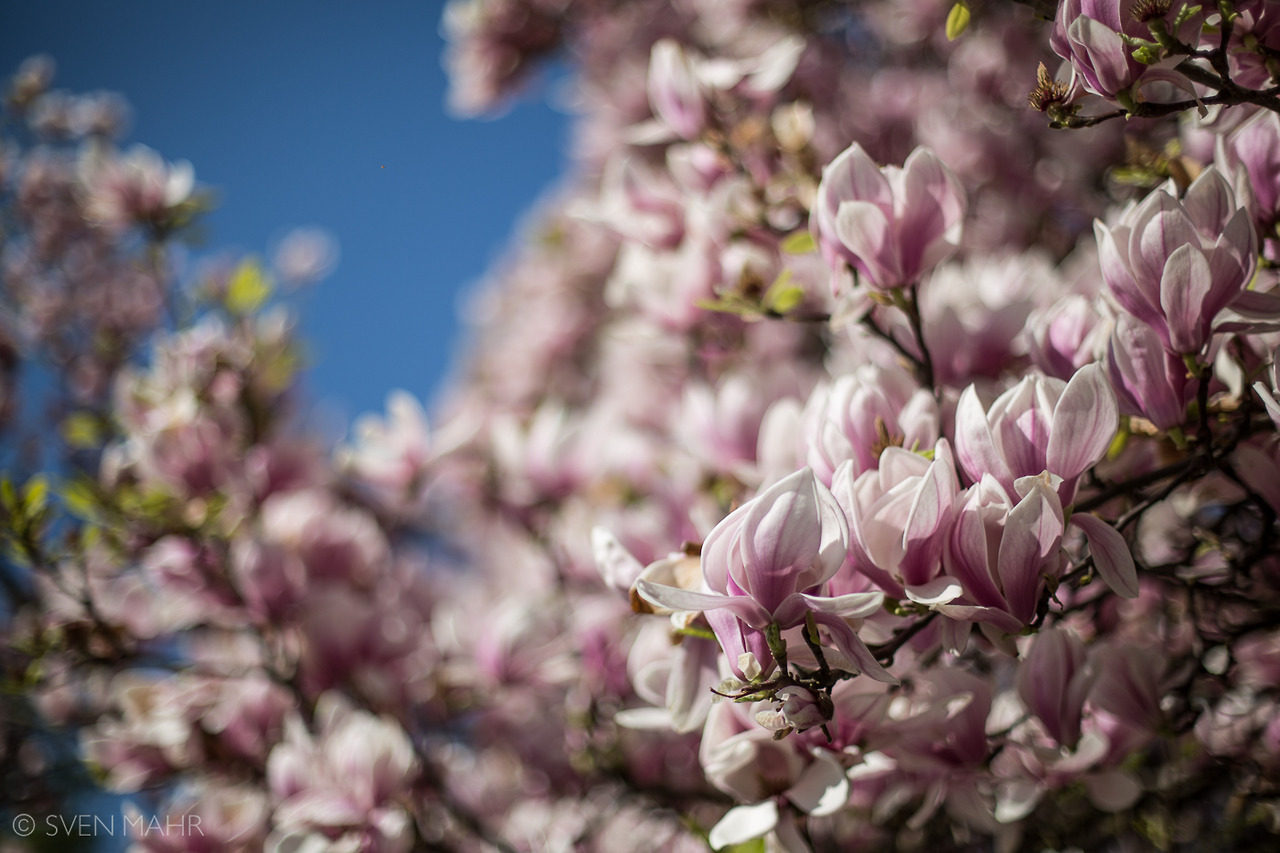More than ever people of all kinds are turning towards meditation and mindfulness practices. For a few years now I have been working as a regular meditation teacher in a German company for digital innovation and customer solutions with a size of 1200 employees.
As a Zen priest who intensively trained in Zen Centers and monasteries in Europe and Asia for more than 10 years, this is an interesting field to work in. Simply because I am listening, talking to and practicing with people, who approach meditation practice not merely from a spiritual angle. Most of the people I have been working with are not seekers for Awakening in a spiritual sense. Not in the first place or maybe not at all. They are neither Buddhists nor Zen. Some might be Christian, but most are not religious or spiritual at all. And yet, something has them keep coming back to my inhouse sessions, sit with me in silence for a while and also practice mindful breathing exercises known as “Seon Yu” in our Zen lineage first introduced from Zen Master Seung Sahn.
When I talk to people at a work place, I am talking about life in general. About my personal experience with stress and burnout working as a freelancer and entrepreneur (Zen priests need to support themselves). I talk about breathing, and the many ways how Zen taught me to be mindful from moment to moment, day after day. I don’t have to make it “Buddhism” and I don’t make it. I try to keep it simple and down to earth, but I am trying my best to keep the focus on showing people how very important empathy and compassion with others and oneself is, when it comes to being resilient and decreasing stress.
Even tough I went on the meditation path totally in a spiritual sense and my only focus always is Awakening, it actually doesn’t matter. Because at the base, it’s all the same: we are suffering. We are stressed out, we are not relaxed and we have a sense that something is not quiet right about that. That’s the bottomline. The only difference might be, how much, how deeply, how radical each individual is willing to live life as a honest expression to remove the root cause of suffering. For others and oneself.
So in this article I want to look a bit at how to deal with stress in our everyday lives. The questions that I always ask my clients to look into are some like:
What is stress?
Where does it come from?
What can I actively do to decrease stress?
Practicing meditation and mindfulness will help you dealing with stress. Period. In 2017 there is now so much high class scientific evidence that the benefits of meditation and mindfulness are simply out of question. It works and it’s proofed by science. You can read and study about that, if that’s your thing and if that helps you to find trust in these ancient meditation techniques.
One thing that still keeps coming up when I am talking to people at a workplace are issues and worries about “work-life-balance”. I guess I have used this term before also but actually such a thing doesn’t not exist and is just a marketing creation. Let’s forget that please. Life is a whole. It’s one thing and not two things. It’s just an idea that there is something called “work” and something else called “life” — as the imagined other shore, outside of work, where we are relaxed and peaceful and calm… Really? Does such a thing really exist?
Truth is, your very own breath is your very life and your breath is always the same, either at home or at work or in prison or in an imagined heavenly paradise of richness and power or whatever your paradise thing is.
The second you stop breathing entirely, thats whats we call “death”. So as long as you breath, thats what we call “life”. But the quality of your breath is changing, and you can notice that. Being aware of that, that’s the key for mindful living. Thats the point where you can actively do something. It’s right there, inside your breath where your life can become One — and already is One and always will be.
Most people still think that meditation is a difficult thing to achieve. Something that requires years of training and time spend in temples or doing long retreats in meditation centers. And for sure that is great and a very useful thing to do — no doubt about that. As with every skill, meditation technique is something you can train and you might see improvement over time, in the sense of stability, ease, patience, calmness, openness and endurance. But there is no guarantee because even if our body can sit properly on a meditation cushion for hours and hours, your mind is going off and you are just playing mind games.
There is no ultimate goal or achievement in true meditation. Just do it — that’s how Zen is teaching it. And thats good news! Because truth is also that being mindful, being aware — what meditation is — does actually not require much from you. It starts with a conscious breath. It’s as simple as that. Reflect on your relationship with breathing, come back to where you are now, and maybe you might want to ask yourself:
Am I aware of breathing or lost in the endless
chain of thoughts coming and going?
Do I feel my body right now?
Can I fully sense my immediate surroundings…
like hearing the bird chirping outside the window?
I always remind people I work with like that:
I want you to come out of your head with your attention and come into your entire body, back into your senses. How does it feel? What do you notice? Are there any parts of your body being tight or sore? Do you feel tightness in your neck, your jaw, your back? Can you gently release this tension?
Being aware of your breath and by that coming back into your very human body helps you to relax and release physical tension in your body. So we need to learn to fully breath again, than we automatically know how to relax. It’s as simple and difficult as that.
Let’s imagine you bought a real good bottle of wine and you haven’t had wine in a long time. You are really excited about how it will taste. You remember the taste of wine and are really looking to the moment, when the wine meets your tongue and your palate. The moment arrives and with lots of attention and awareness you take your first sip. You smell the wine, you taste the aromas and you can sense the temperature of the fluid running down your mouth.
Now imagine breathing in like that. Imagine taking a simple breath with the same attention and the same joy as this first sip of this great wine. Approach your breath like that and you will know what awareness is. Fully paying attention to breathing while being at rest and openly sensing your surroundings — that is already mediation and the best medicine against stress.
I am always reminding people I work with, that we have an important responsibility, that today most of us have either forgotten or handed over to others or other things. It’s the responsibility to relax, to undo, to unwind, to be idle, to slow down. Because it’s not only healthy for your entire system, it is actually a necessity for you as a human being to really be fully functional as human being:
It’s the responsibility to give care to yourself as well as others. The kind of “care-giving” I want to talk about is not the selfish approach of “I don’t care about the world anymore, I have done enough for others now. So I only care about myself now and will do what is good for ME. This “I-my-me” mindset won’t help you to release stress, because you are not addressing the root cause of stress. The root cause of your stress is nothing else, than you being in conflict with reality. It’s nothing else than your very own relationship to your thoughts, emotions and beliefs about yourself and others. And it is at this very point, with your beliefs about your thinking and emotions, your relationship towards the content of your own consciousness, were meditation and mindfulness can help you:
- to clearly see what is going on
- to become more aware for your own needs and the needs of others
- to rest in the moment and become more present, open and flexible
The “I-my-me” mindset is actually a great way to disconnect yourself from the world and by that you are actually going to increase the distress you might feel about being in the world. This view holds no true empathy and compassion towards yourself and others and it is based on the delusions that you and others are different things. You are not. Even todays science shows how everything is interconnected. It’s not a myth anymore.
Just take a look at how a kind gesture from a colleague or the hug from a loved one, a kiss from your your spouse can immediately boost your well being and immune system while receiving an angry shouting might cause anxiety with a large variety of physical symptoms. As human beings we are always connected through our actions with one another and we really have a choice in how we want to treat ourselves and others.
I want to encourage everyone to have compassion with oneself and others. I want you to connect with yourself and others by being aware, listening deeply, by being mindful for what is going on in your body and your mind. And to take action and slow down, when your body-mind system sends you signals, that it is time to slow down and rest.
Part of that taking action is reflecting on our compulsive behavior with technology and the increasing usage of smartphones in our daily life. We need to teach ourselves mindful behaviors with those things, because they clearly can have a negative and stress causing effect on our mental and physical health.
We need to learn again how to be without a smartphone, without feedback from social media or email. We need to learn how to simply be fluffy, vulnerable, non-thriving and open hearted in a society that often wrongly connects those qualities with “weakness”. I am here to encourage you to question those old beliefs, patterns and behaviors that society taught you and that actually might give you more suffering and damage your health than you can imagine.
It’s a responsibility that you have for yourself, to give care to yourself, because others might not do it, because they often don’t have the capacity themselves and are struggling with our modern demands — that includes your boss as well. You were being born human and with that comes a chance, for me personally it’s more than that, it’s a responsibility: to become a FULL human being.
You are not a machine, even tough we can function perfectly well as such. You are not designed to stupidly repeat other peoples thinking, desires and hopes. You are merely designed to become YOU. 100% You. In order to find that, you must go on a journey inside yourself. And all you need is a willingness to rest and to let go of of whatever is going on in your head and whatever stories you are believing in. All it takes is the willingness and curiosity to discover yourself and to ask your self a few simple questions, to deeply inquire them and to re-calibrate your view on life and the relationship to the thinking in your head.
What is life?
What is work?
What does it mean to be a social human being?
Who am I really?
I want you to ask yourself that and I want to invite you to re-discover what it means to be a human being before modern technology, social media and so on came into your life and suddenly became more demanding than three little children screaming for food.
It’s right there, where we will meet the root cause of stress and burnout, and it’s right there, where we can learn again, how to be simple, how to switch off and unplug ourselves from the many demands we might face, while actually switching on and truly getting in touch with life trough your very own breath.
Remember: it’s one life. How are you going to live it?


